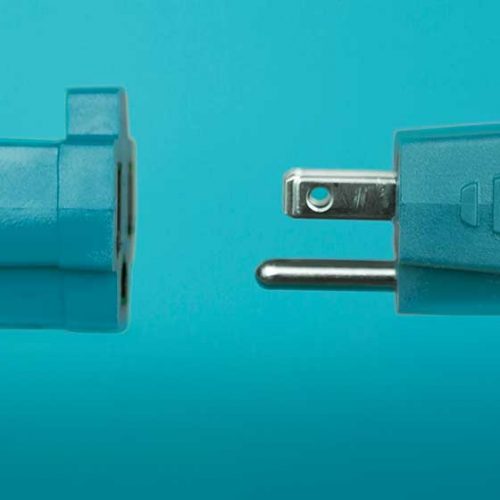
RMI Outlet
Plug Into New Ideas

Soft Energy Paths for the 21st Century
Japan’s Ministry of Foreign Affairs asked Amory Lovins to outline his reaction to the Fukushima disaster and his suggestions for Japanese and U.S. energy policy…

Renewable Energy’s Footprint” Myth”
Many nuclear advocates argue that renewable electricity has far too big a land ‘footprint’ to be environmentally acceptable, while nuclear power is preferable because it…

Putting the “Do” in “Think and Do Tank”
Your support can help drive a future powered by efficiency and renewables-- Rocky Mountain Institute’s annual Spring Appeal calls on those who share our vision of a new energy era based on energy efficiency. Your support is key to our work to drive the U.S. toward a secure and vibrant future free of fossil fuels. Now, your donation can be doubled thanks to a generous anonymous donor who has given RMI a $50,000 matching challenge.

Time to Fight the Rising Plug Load Monster
Your printer is sitting on your desk innocuously, but it actually keeps feeding an insatiable monster. It and its neighbors—lamps, the computer, the scanner—all typically draw electricity around the clock.

Size Matters
Electric vehicle (EV) and clean energy advocates rejoice! The first mainstream EVs to hit dealerships across the U.S., the Chevrolet Volt and Nissan Leaf, both received top safety ratings from the Insurance Institute for Highway Safety. As the Associated Press reported: “While both the Leaf and Volt are classified as small cars, the institute said their heavy battery packs put their weight closer to large sedans. The Volt, for example, weighs 3,760 pounds, which is close to the weight of the Chevrolet Impala. The Leaf weighs 3,370 pounds, which is similar to a Nissan Altima midsize car. That extra mass helps protect their occupants, since heavier cars are less likely to be pushed around in a crash.” [emphasis added] But there’s a problem with this last thought: weight is conflated with size.
